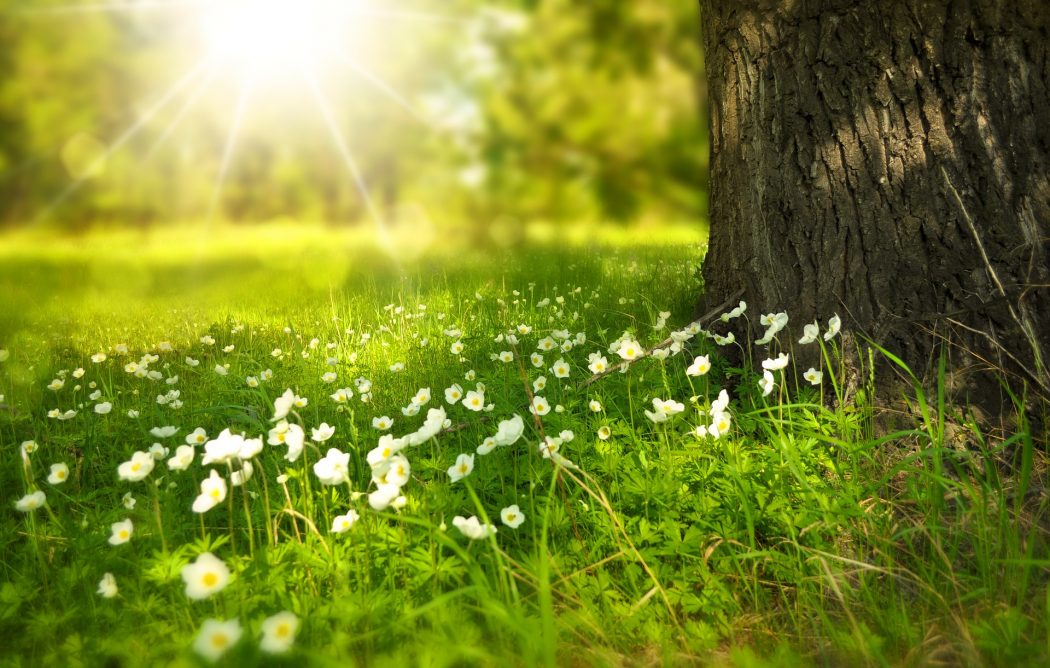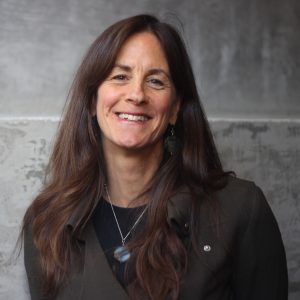When Janine Benyus coined the term and wrote the book “Biomimicry”, she defined it as “Innovation inspired by nature”. If you look it up, you’ll find images and stories of a train shaped like the beak of a kingfisher, a paint that sheds water and dirt like the lotus leaf, and a swimsuit textured like sharkskin. Exploring AskNature will yield numerous inspiring examples of sustainable innovations that were created by emulating nature’s functional strategies.
In the 20+ years since the book came out many people, including myself and my colleagues, have worked to leverage the power of nature to imagine and create tools for new and “future-fit” leadership models, organizational structures and dynamics, and personal development — biomimicry for people as well as for products.
Part of what we leverage is the idea that you are part of nature. You reflect billions of years of evolution right along with the 30+ million species that live on earth today.
What does that mean? Even if you spend 90% of your time indoors and 99% of your time in a city, you are still very much a biological being and as such very much dependent on being intimately engaged with nature every moment of your life. You can’t eat or breathe without engaging with nature.
It also means that embedded deep in your DNA is the knowledge of how to be an interconnected and interdependent being in and with nature. You know how to engage with “nature as model, measure, and mentor”, though you may have forgotten.
To help you tap into your inner ancient knowing and leverage biomimicry just for you, try this activity.
Biomimicry, Just for You
- Think of a challenge you’re facing that, if solved, would make a huge difference in your life. Articulate that challenge in one or two sentences and write it down.
- Go outside and sit in front of a plant or tree or other bit of nature that will stay put for 20 minutes or so. If you’re the ancy sort, you can walk and tap into multiple organisms or the whole ecosystem.
- Spend 5-10 minutes just sitting there (or walking), unwinding a bit, enjoying and observing the nature that is all around you.
- When you’re ready, briefly explain your challenge to the tree (or whatever you’ve chosen) and ask for its thoughts. (You can do this silently – no one has to know what you’re doing.) Presumably the tree won’t understand what the heck you’re talking about, so anticipate the set of “why” questions it would ask you back, and then answer them. Spend 10-20 minute on this Q&A.
- Write down what emerges.
- That’s it!
Why practice biomimicry just for you? At its simplest, this activity can provide some of the many benefits of connecting with nature. It also gives you a chance to pause and reflect, which we rarely give ourselves the time to do. Finally, perhaps with practice, it will help you think beyond your personal problems, tap into your own natural wisdom, and perhaps help you envision and create a sustainable future.
Do you want to learn more tools, approaches, and frameworks for envisioning and creating a sustainable future? Pause and reflect on our MA in Sustainable Design program.

